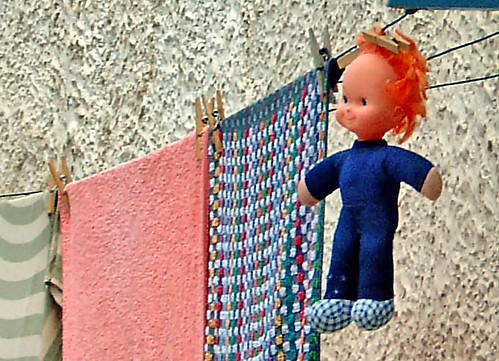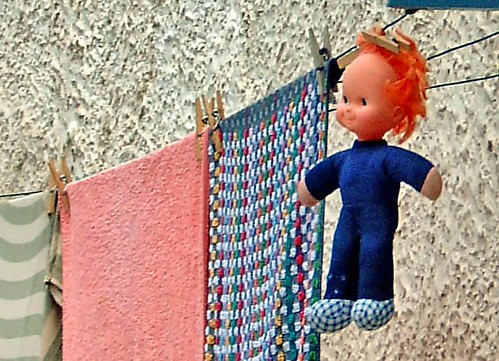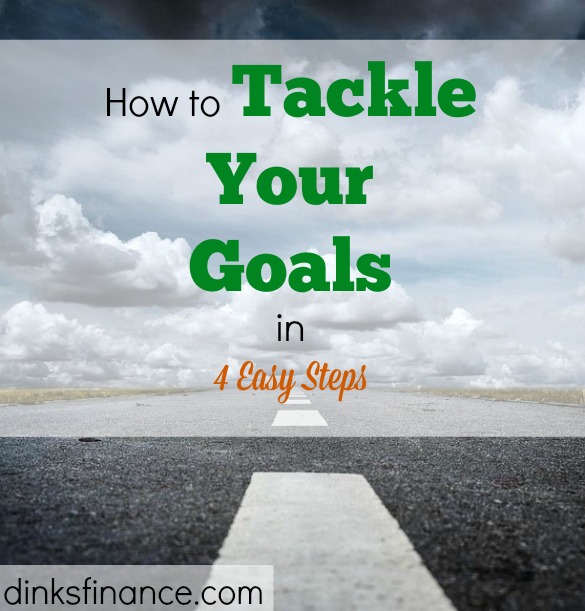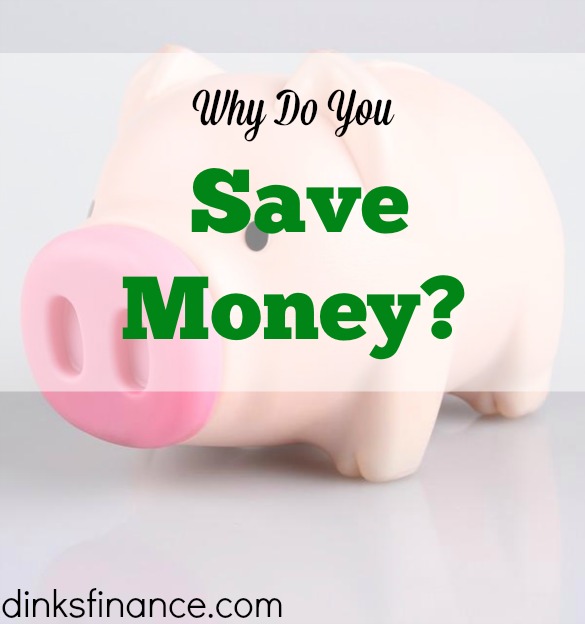
 It seems that everywhere we turn nowadays someone is trying to help us save money on something.
It seems that everywhere we turn nowadays someone is trying to help us save money on something.
I have not always been a saver, and I have not always been great with money. But now I am happy to say that I am financially responsible and I successfully manage my money. However, this took years of learning about money, changing my financial habits, and learning from my past mistakes. I definitely did not become a saver overnight.
Maybe the recent recession as well as the fear of another recession is why everyone is talking about different ways that we can save money. Or maybe the saving strategies were always right in front of my face and I just chose to ignore them for 27 years. Either way, I am wondering why people chose to save money.
I asked a few of my coworkers, family members, and friends why they chose to save money. I honestly believe that saving money is a choice because we could definitely chose to spend our money instead of saving it. A very common answer from my coworkers about why they chose to save money was “because I can.” One of my cousins said that she doesn’t consider herself to be a saver. My cousin doesn’t live pay check to pay check and she doesn’t spend all of her money on her living expenses. She just (forcefully and unknowingly) saves money because she doesn’t spend all of her disposable income each month.
My cousin doesn’t consider herself a saver because doesn’t actively save. She just lets all of her unspent money accumulate in her bank account and this is just always how she has lived. She doesn’t set up regular contributions into a “savings account.” My cousin pays her bills, she doesn’t live extravagantly, and she leaves all the rest of her money in her bank account. I guess she is a saver without even knowing it.
Here are some other reasons why people chose to save money:
– Saving Helps Us Afford The Things We Want. Some people have the habit of spending all of the money in their bank accounts, therefore they save so that they don’t spend. Saving money allows people to buy items that we want and do the things in life that we really want to do. If we didn’t save money then our bank accounts would be empty.
– Saving Money Means Having More Money. People who are not in the habit of saving money are usually in the habit of spending money. If we chose to save then we can start building assets and increasing our net worth. If we chose to spend all of our money we will never have a retirement fund or an emergency savings fund.
– Saving is Not a Trend, It’s a Way of Life. Getting into the habit of saving may be a lifestyle change or some people, or it may just be a way of life for some other people. We may have to make the conscious decision to be financially responsible and save our money, or we may just be saving as a force of habit. My cousin is a perfect example, she doesn’t consider herself a saver because she doesn’t actively save through a regular contributions into a savings account. She just has a simple lifestyle where she only spends money on her monthly expenses.
– Saving Provides Financial Stability. Money can be a security blanket. Having savings can ensure that we are able to retire someday. It also protects us in case of an emergency.
– Saving Keeps Us Out of Debt. If we lose our job or if we have an expensive emergency, saving money can keep us out of debt. In my previous financial life I used to spend every single dollar I earned on electronics, furniture, personal items, and vacations. If I had an emergency I would use my credit card and accumulate debt with interest payments. I am glad that my costly habit is all in the past.
Have you always been a Saver?
Photo by Denna Jones







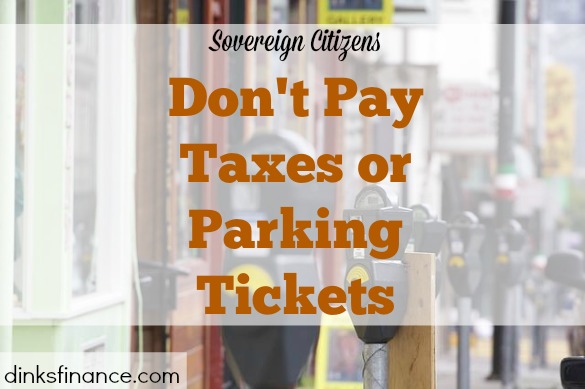
 I recently learned about an extreme movement in the United States and I really felt the need to share.
I recently learned about an extreme movement in the United States and I really felt the need to share.


